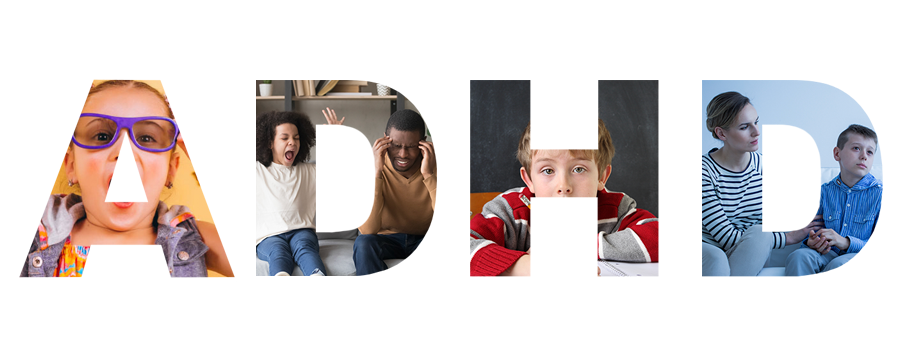
What’s ADHD?
ADHD is a common neurodevelopmental disorder that, among other things, impairs mood, emotional reactivity, executive function, planning, organisation, attention, and impulse control. We can learn several key facts about ADHD from neuroscience, brain imaging, and clinical studies. Attention Deficit Hyperactivity Disorder is neither a learning handicap, mental illness, behavioural disorder, or a matter of self-discipline. Instead, ADHD is a defect in the development of the brain.
People who have attention deficit hyperactivity disorder, often known as ADD or attention deficit disorder, will have difficulty with a variety of everyday activities, such as school performance, work performance, attendance, making or sustaining social connections, paying attention and focusing.
Research also shows that ADHD symptoms can present differently depending on age and gender. For instance, children may display more hyperactive and impulsive behaviours, while adults often struggle more with organisation, time management and maintaining focus in professional or personal settings. In many cases, individuals go undiagnosed until adulthood, which can add layers of frustration or misunderstanding about their own challenges.
How we can help?
Elumind offers evidence-based and successful treatments to control the symptoms of Attention Deficit Hyperactivity Disorder (ADHD), such as Neurofeedback, Life Coaching, and Cognitive Behavioral Therapy.
By boosting and balancing the ratio of high-frequency brain waves that promote improved attention and self-control, Neurofeedback aids in the treatment of Attention Deficit Hyperactivity Disorder. There is a deficiency of higher frequency brainwaves like beta in many ADHD brains because they produce too many lower frequency brainwaves like theta and delta. Neurofeedback attempts to change that ratio and lessen the symptoms of Attention Deficit Hyperactivity Disorder during the sessions of your treatment procedure.
A person with ADHD has a propensity to produce a lot of slower Theta brainwaves in their frontal cortex, according to QEEG brain mapping. Additionally, it has been found that individuals with ADHD have unique neural connections in the parts of the brain that control attention, motor activity, impulsivity, and inhibition.
Even if some people don’t receive an adult diagnosis, when we conduct a TA (Therapeutic Assessment) on them, we discover that they have indications of attention deficit hyperactivity disorder even as young children. The likelihood that a parent or sibling will also have attention deficit hyperactivity disorder is very high if a child is diagnosed with the condition.




